T4K3.news
Off the shelf cancer vaccine shows early promise
Phase I results for ELI-002 show promising immune responses and longer survival in pancreatic and colorectal cancers.
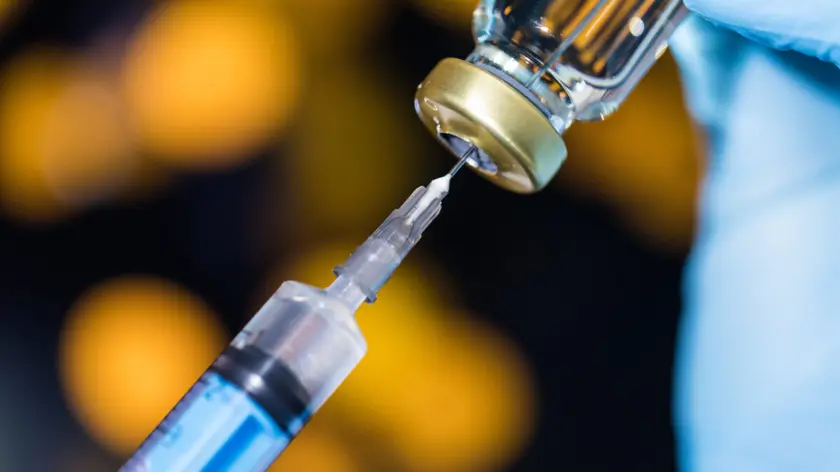
Phase I results for ELI-002 show a promising immune response and longer survival in pancreatic and colorectal cancer
Off the shelf cancer vaccine extends survival in early results
Phase I data on ELI-002 enrolled 25 patients who had received standard therapy but still carried detectable cancer cells. Twenty had pancreatic cancer and five had colorectal cancer. The vaccine was given in six doses aimed at the lymph nodes, with some patients receiving booster shots. About 85 percent generated an immune response to the two mutated KRAS proteins targeted by the vaccine, and two-thirds showed a strong response. Sixty-seven percent developed responses to additional KRAS proteins, suggesting broader immune activation.
For pancreatic cancer patients receiving ELI-002 2P, the study reports an average 29 months of survival and 15 months cancer-free. The researchers caution that Phase I trials are not designed to prove effectiveness, but the data are encouraging. An updated version, ELI-002 7P, has begun Phase II testing and results are due in 2026, with the aim to cover a broader range of KRAS mutations.
Key Takeaways
"If this result can be confirmed in large randomized clinical trials, this could be utilized in 90% of pancreatic cancers and 50% of colon cancers who have this mutation."
Lead author Zev Wainberg on potential reach
"85% of people generated an immune response to the two mutated KRAS proteins targeted by the vaccine"
Trial immune response data
"Phase I trials aren’t intended to conclusively show that an experimental drug or vaccine works, so the findings should still be viewed with some caution."
Caution about interpreting Phase I results
"ELI-002 is intended to work against a majority of KRAS-containing cancers right from the get-go."
Vaccine design goal for broad applicability
The study signals a shift toward off the shelf vaccines that target common cancer mutations rather than patient specific ones. If confirmed in larger trials, the approach could reach a large share of cancers driven by KRAS mutations, reducing manufacturing delays and widening access.
But this is early. Small Phase I results can look impressive yet fail in later tests. The medical community must weigh the promise against costs, regulatory hurdles, and the risk that broader immune activation could come with unintended effects. The next milestone is Phase II results in 2026, which will test whether the wider KRAS coverage can translate into real benefits for patients.
Highlights
- Vaccines that train T cells against KRAS mutations could rewrite cancer care
- Phase I signals mean little without randomized trials but the signal is strong
- If confirmed this approach could reach a wide slice of pancreatic cancers
- The clock is ticking for results that actually change treatment
As science tests itself against time, patients await clearer answers.
Enjoyed this? Let your friends know!
Related News
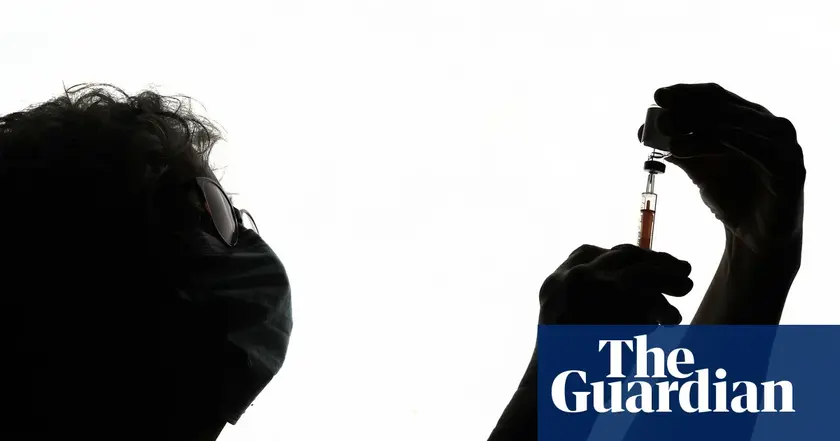
Off the shelf cancer vaccine shows promise against relapse
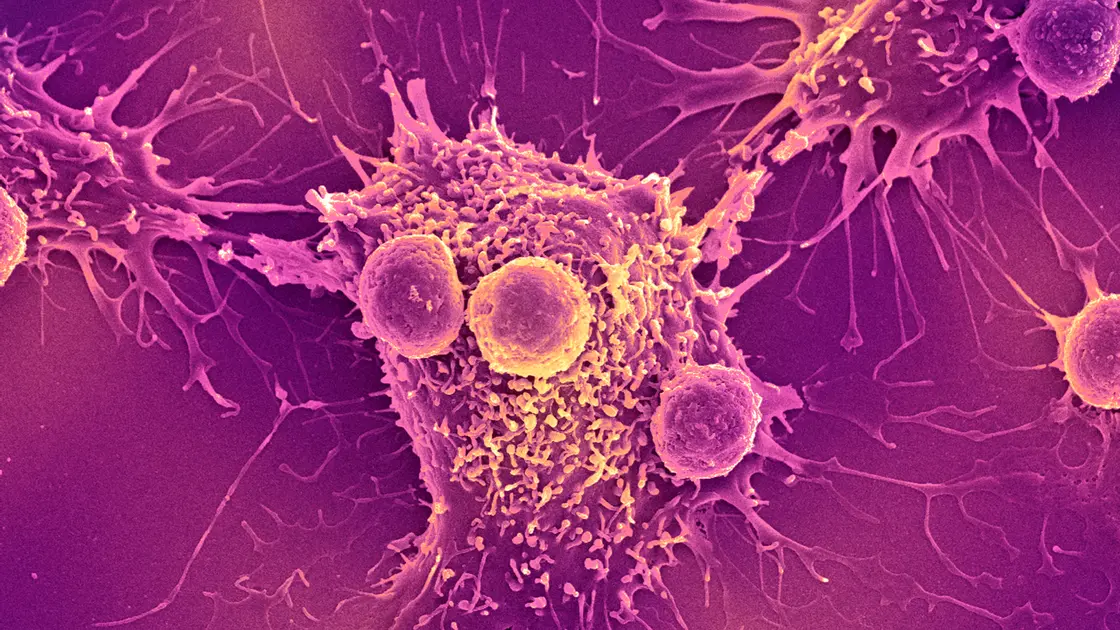
Universal cancer vaccine begins human trials

Breakthrough mRNA vaccine shows potential to treat cancer
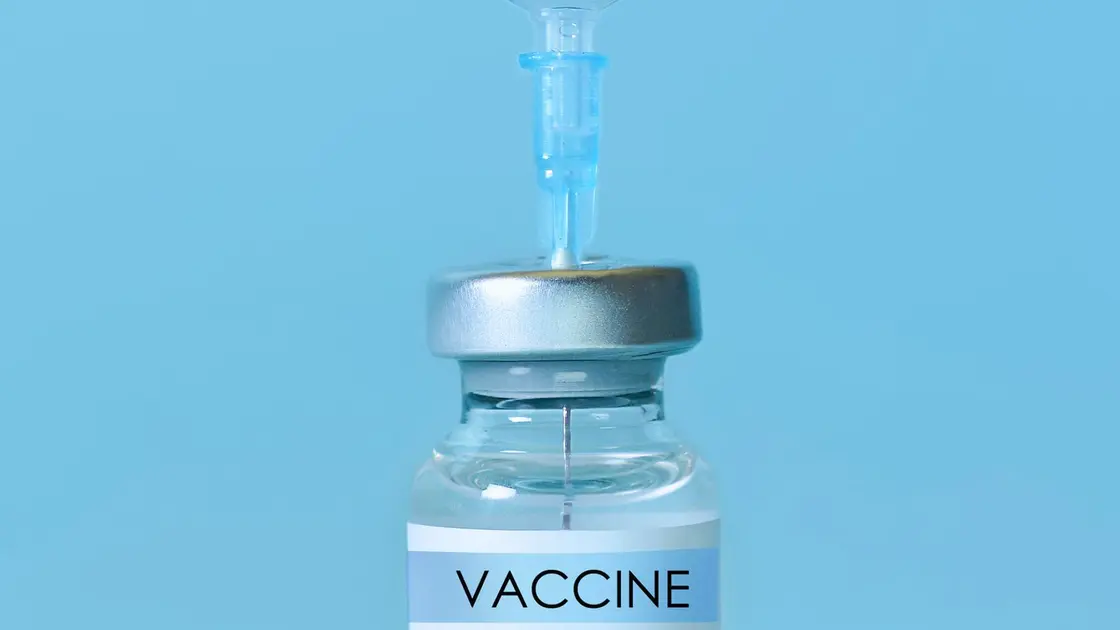
Pancreatic cancer vaccine shows early promise
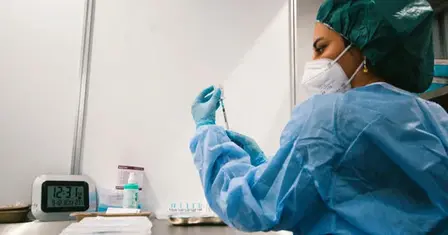
mRNA research funding under fire

New cancer vaccine shows potential for all tumours

Funding for mRNA vaccines canceled by Kennedy
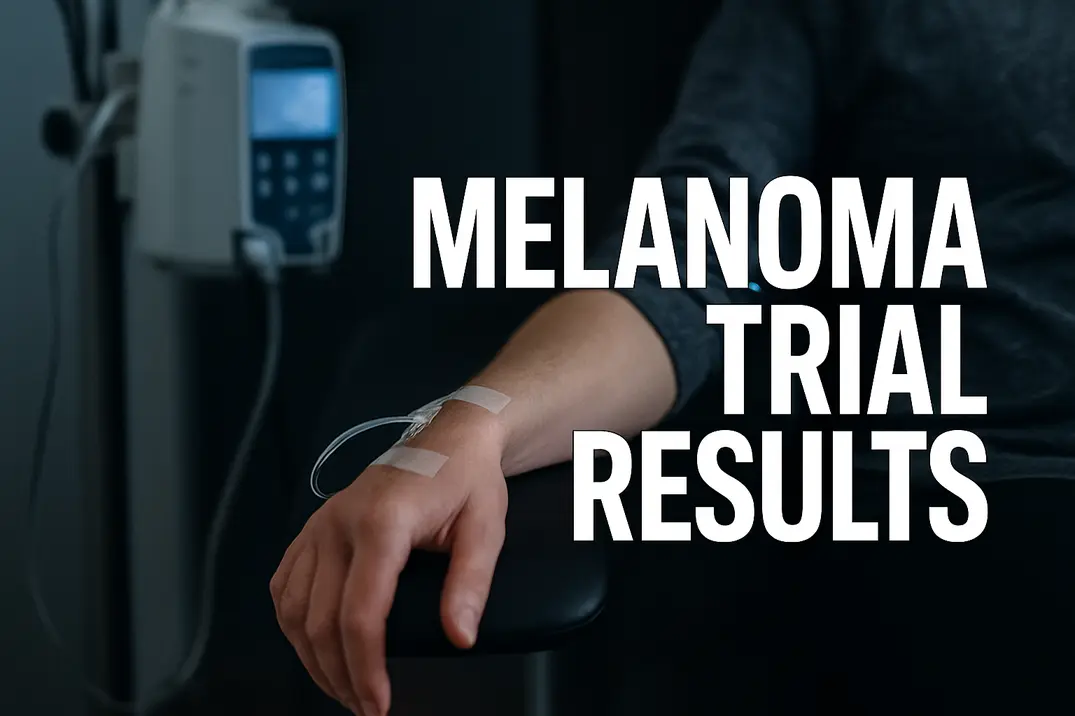
IO Biotech melanoma trial signals strong PFS but misses primary significance
